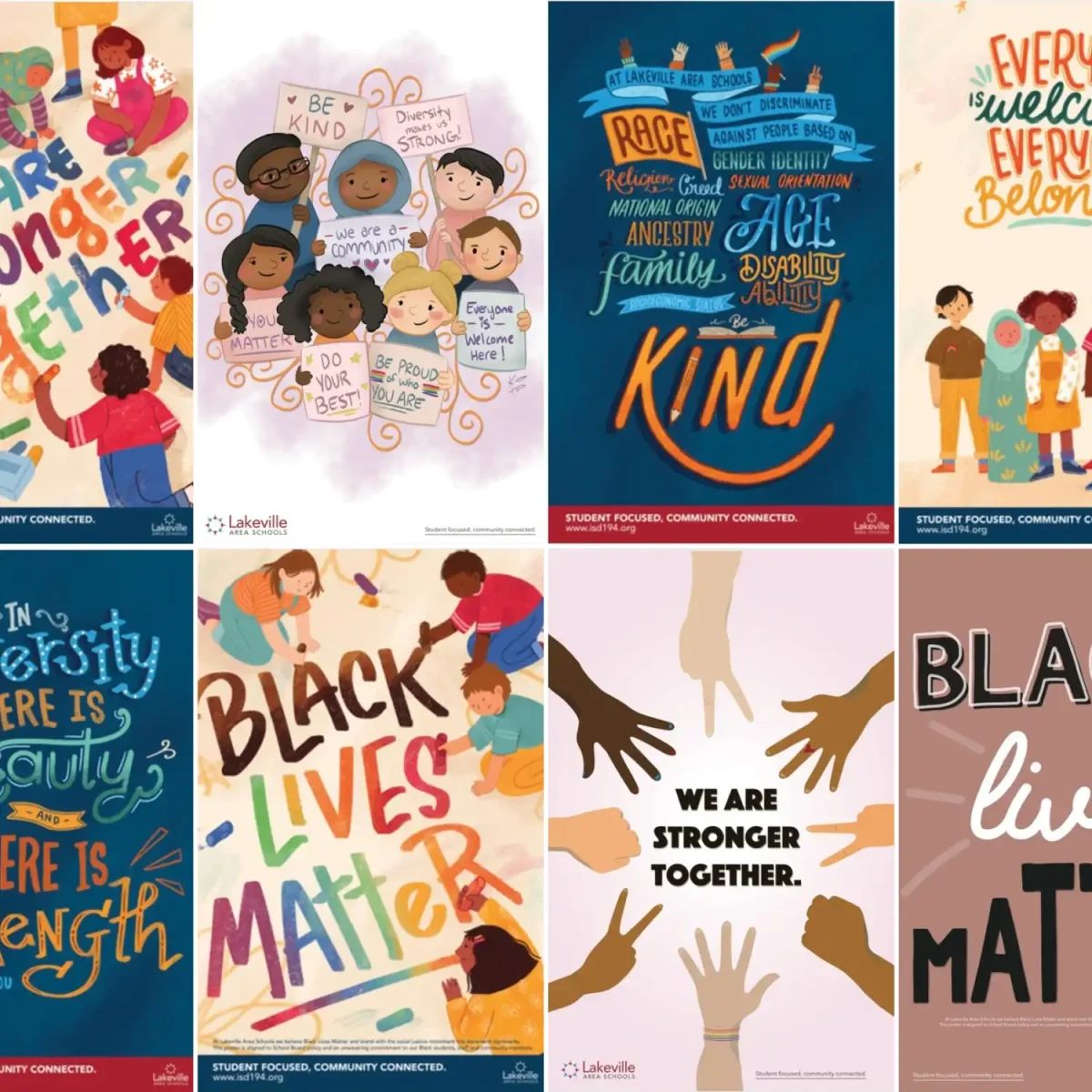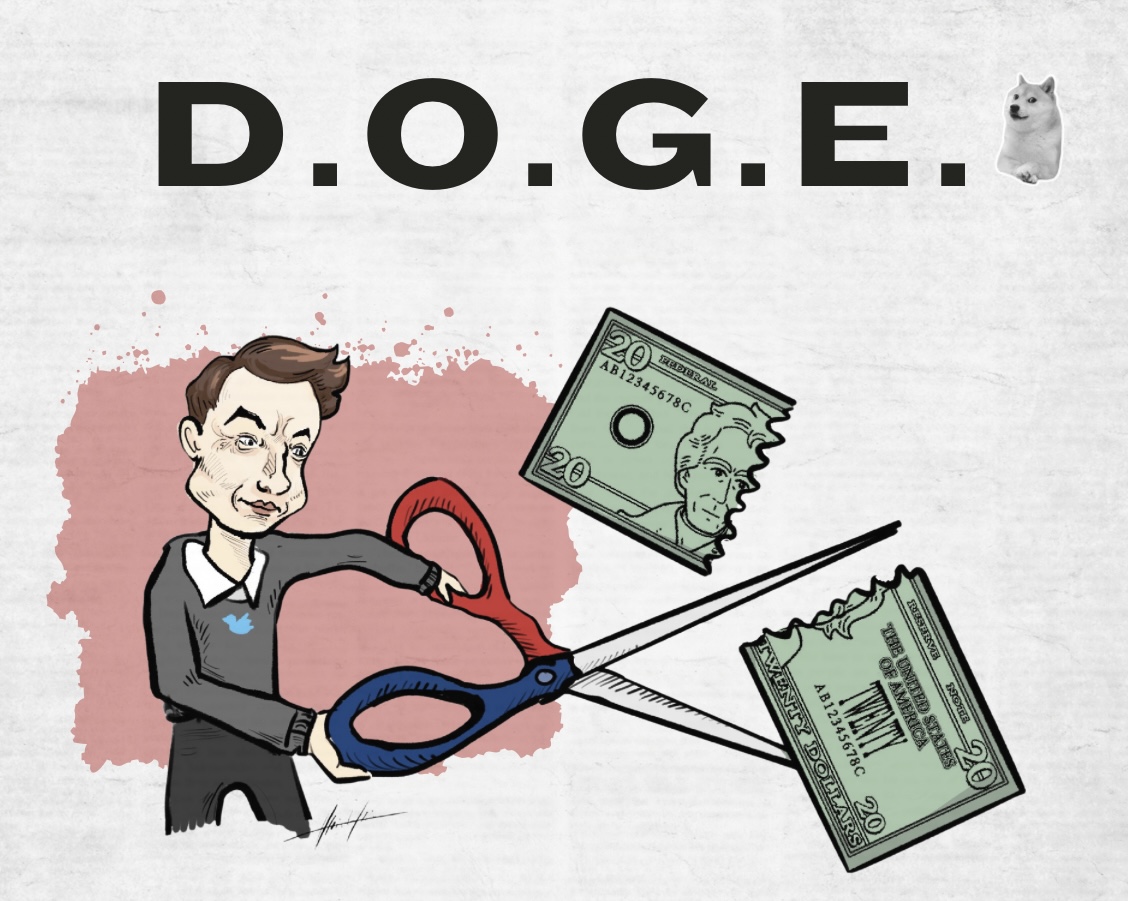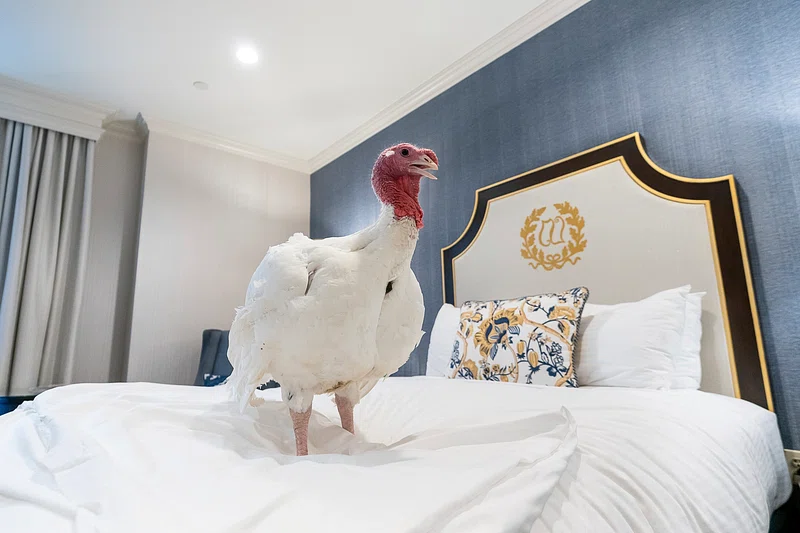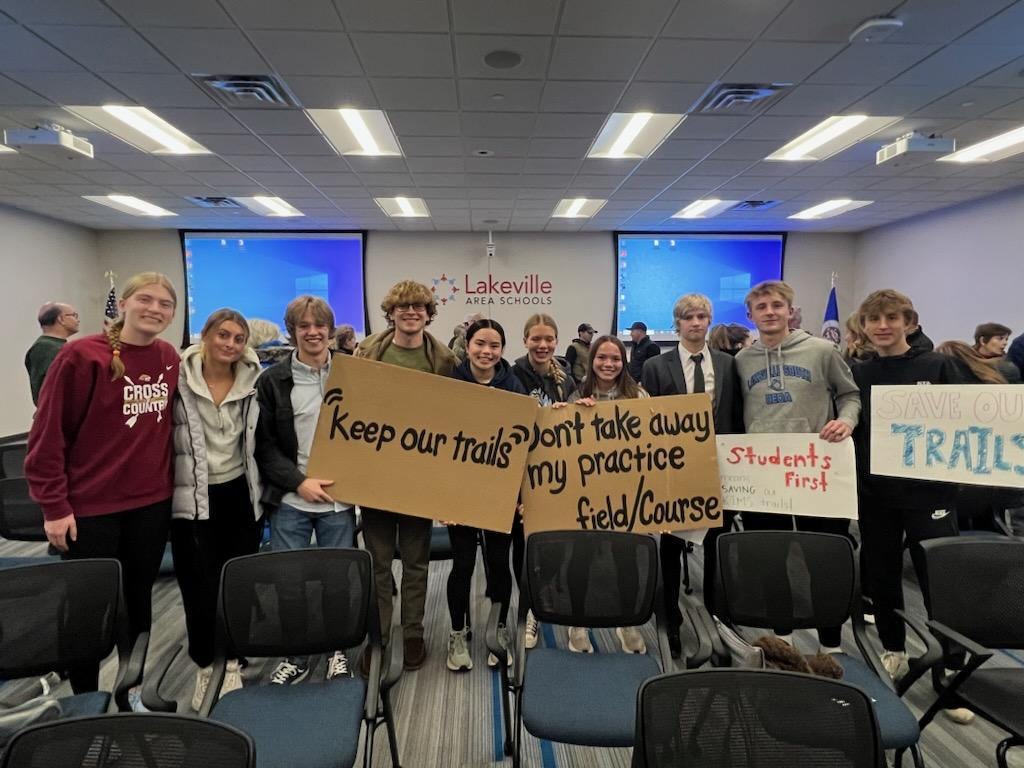Tuesday evening over 50 million Americans tuned in to the first, and possibly last, Harris-Trump Presidential debate. Moderated by ABC news anchors David Muir and Lindsey Davis, this 90 minute session may have been the only chance for voters to see discussion between the two candidates. In a turbulent election year, given an attempted assassination and candidate switch, it’s crucial to understand this rare moment of directness. Here’s what you need to know:
Checking the Facts
Throughout the debate, the two moderators were fact-checking the candidates and asking difficult questions. However, there’s a limit to what can be done live. Here are some notable statements on key issues:
Harris claims that Trump’s proposed tariffs are akin to a ‘sales tax’ on the American people
TRUE – Former president Trump made an incorrect statement about how tariffs function: they are paid for by American businesses and consumers rather than overseas manufacturers. This has historically been proven to increase prices for consumers. His proposed 20% across-the-board and 60% Chinese tariffs could see additional costs between $1000-$4000 per family.
Harris claims Trump left the country with the worst unemployment since the great depression
FALSE – While unemployment was more than 14% in April 2020 due to the COVID pandemic, it fell to approximately 6% by the time he left office. The average unemployment rate across the Trump and Biden presidencies was separated by only 0.1%: 3.5%, and 3.4% respectively.
Trump claims that large amounts of immigrants have increased crime and led to pet-eating in Ohio
FALSE – There is no evidence of Haitian immigrants pursuing dogs and cats in Springfield, as confirmed by police and local authorities. Additionally, migrants are less likely to be incarcerated compared to citizens. Furthermore, no evidence suggests nations like Venezuela are intentionally emptying prisons and mental institutions into the United States.
Trump claims abortions are permitted and common during the third trimester and after birth
FALSE – It is illegal in every state to have an abortion after birth. In theory, allowed, late-trimester abortions are extremely uncommon. Due to high costs and inaccessibility, 2nd and 3rd term abortions only account for 7% of all procedures.
Trump claims Harris went to a sorority party to avoid listening to Benjamin Netanyahu speak in Congress
PARTIALLY TRUE – Harris was indeed attending a public event at a college sorority in Ohio when Netanyahu made his visit. However, she met with him later that week.
Strengths on Both Sides
As a captain and 3 year member of the Lakeville debate team, I feel qualified to weigh on the two candidate’s overall performances in this debate.
Vice president Harris had strong rhetoric throughout the debate; she successfully created an air of drama and importance with varied speaking tones and inflection. She also cited many statistics to increase the credibility of her statements.
Former president Trump was notably coherent and fluent compared to the last Trump-Biden debate. This included mantaining composure when faced with probing questions. He successfully maintained an assertive style and used shocking examples to demonstrate his points.
Potential for progress: During the debate, both sides were significantly more focused on offense than defense. Rather than elaborate on their specific proposed policies, the focus was on attacking the opponent. This has the potential to leave voters confused about what exactly each candidate proposes, and what the benefits (not just harms) to their presidency are.
Looking to the Future
Regardless of the outcome in November, this debate and presidency will be groundbreaking. The United States will see either its oldest ever president or first South Asian, first black female, and first female president. This debate has overcome unprecedented challenges, including an attempted assassination and a change in party nominee after the primaries. The debate itself will continue to influence future presidential debates: featuring live fact-checking from its moderators, asking difficult questions, and stricter moderation overall.
What does Winning Truly Mean?
So why does “winning” this debate matter? And what does that look like?
The ultimate goal of a TV debate is to be a ‘bully pulpit’, a mode of reaching the general public. And yet, it is not a popular vote that decides our United States president. On election day, voters cast a ballot for a slate of electors, who then vote for their preferred candidate. This is why a candidate who has won the popular vote may not win in the electoral college, especially in a winner-takes-all. Nonetheless, the will of the people is the biggest deciding factor in a given presidential election.
The more people vote, the more the election can accurately represent the will of the people.
Seniors, if you can, go out and vote!







